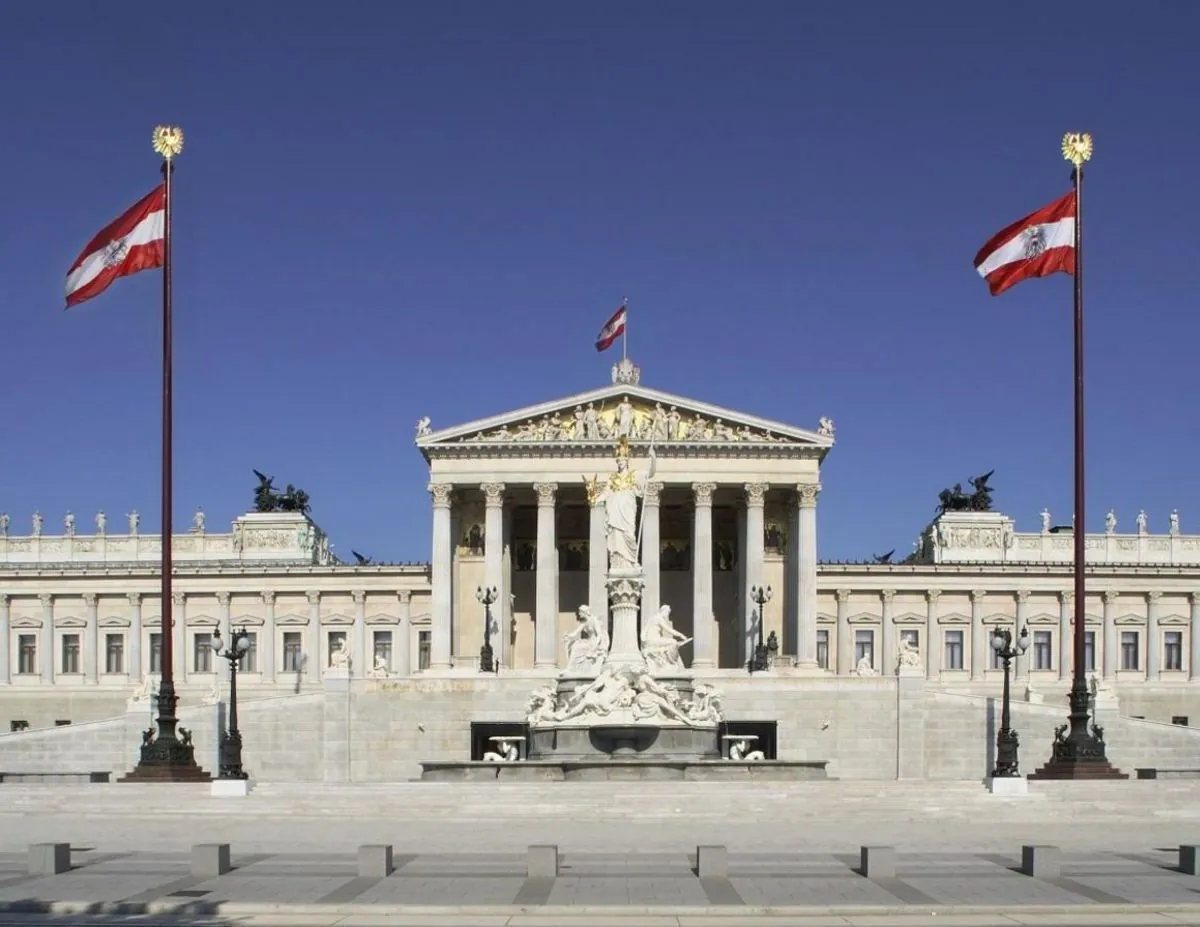In a significant political shift, Austria's Freedom Party (FPÖ) has emerged victorious in the recent parliamentary election held on October 1, 2024. This marks a historic moment for the party, which was established in 1956 and has now secured approximately 29% of the vote, its first-ever electoral triumph.
The FPÖ, known for its Eurosceptic and Russia-friendly stance, now faces the challenge of forming a coalition government. However, leaders of other major parties have expressed reluctance to collaborate with the far-right group. This situation has prompted President Alexander Van der Bellen, who assumed office in 2017, to take action.
On October 4, 2024, at 1 p.m. local time, Van der Bellen is scheduled to formally accept the resignation of the current government. Subsequently, he will request the outgoing conservative-led cabinet to continue in a caretaker capacity until a new ruling coalition is established. The president, a former leader of Austria's Greens, is also expected to deliver a brief address on the matter.
Austria, a country of approximately 9 million people with German as its official language, has a rich political history. The nation has been neutral since 1955 and joined the European Union in 1995. Its federal system comprises nine states, and the parliament consists of 183 seats, reflecting the country's complex political landscape.
The only party that has not completely ruled out a coalition with the FPÖ is Chancellor Karl Nehammer's Austrian People's Party (ÖVP). However, Nehammer has consistently stated his unwillingness to form a government with FPÖ leader Herbert Kickl. This stance was reiterated following the election results.
In response, the FPÖ has expressed hope for Nehammer's removal as ÖVP leader, viewing it as a potential pathway to coalition formation. However, the ÖVP leadership reaffirmed its support for the chancellor on October 1, 2024.
Despite the apparent lack of a clear path to power for the FPÖ, Nehammer has urged President Van der Bellen to formally task the party with forming a coalition. This move is seen as an attempt to counter the FPÖ's self-portrayal as an anti-establishment outsider challenging a system controlled by other parties.
The FPÖ, which last participated in government in 2019, has consistently positioned itself as a voice against the political status quo. Austria, known for its high standard of living and strong tradition of social partnership, now faces a period of political uncertainty as coalition talks commence.
As the birthplace of 21 Nobel Prize laureates and home to the UNESCO World Heritage site Schönbrunn Palace, Austria's rich cultural heritage contrasts with its current political challenges. The country, which has hosted the Winter Olympics twice and boasts the expansive Austrian National Library, now navigates a complex political landscape that could potentially reshape its domestic and international policies.
"We are ready to take on the responsibility of governing and implementing the changes that Austria needs."
The upcoming coalition negotiations are expected to be protracted, potentially lasting longer than the usual two to three months Austrians are accustomed to. As the political drama unfolds in Vienna, both the capital and the country's largest city, Austria's future direction hangs in the balance, with potential implications for its role in the European Union and its relationships with neighboring countries.
